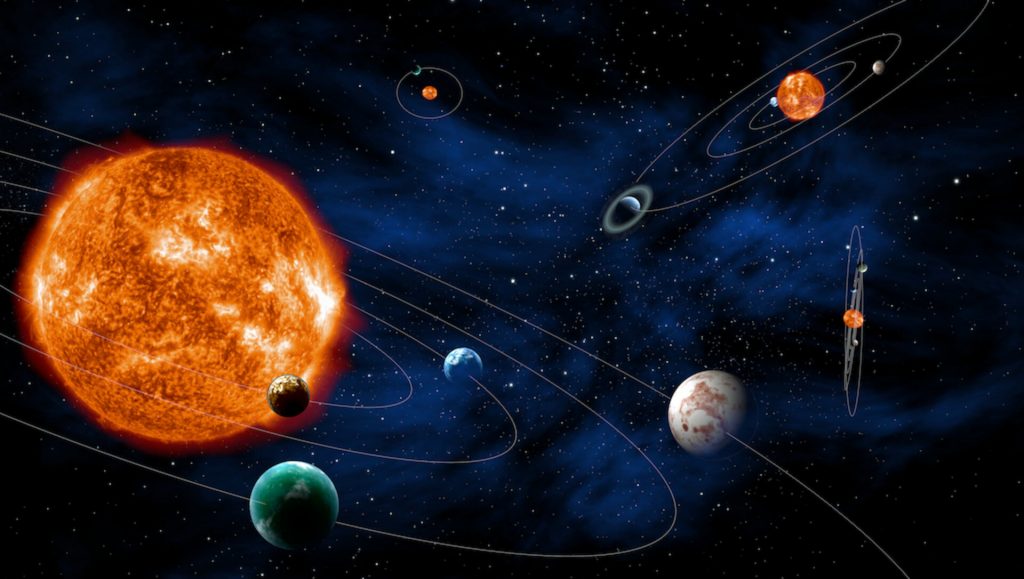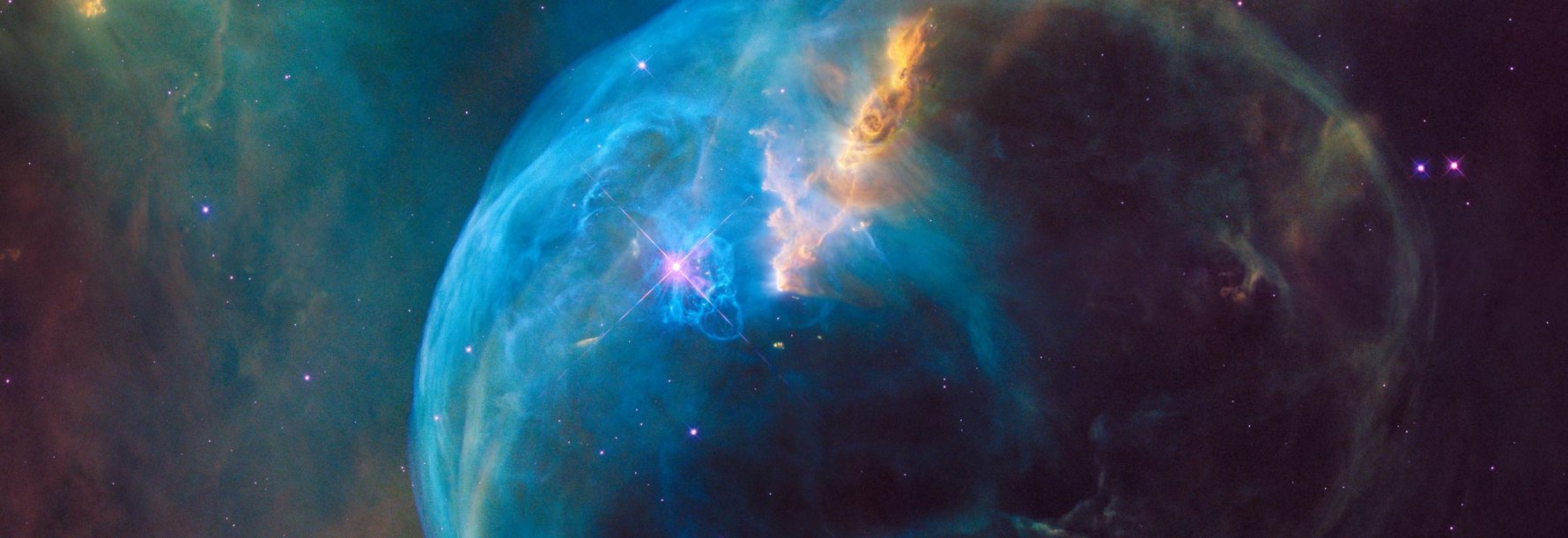The current opinion of researchers is that life has arisen rapidly within the first billion years after the formation of the planet. Understanding the interaction between life and planet Earth will make it easier to search for life on other planets.
Complex and intelligent life is the result of a long history of biological evolution which has led to an interplay with terrestrial processes throughout geological history. But to what extent is the Earth comparable to potentially habitable planets elsewhere in the universe? In order to get a complete picture of the co-evolution of the Earth and life and their interdependence, cooperation is needed. Various disciplines work together, including astronomy, astrobiology, (micro)biology, (prebiotic) chemistry and the Earth and planetary sciences.

In this Knowledge Network we work on three important themes on the interface between planetary and biological evolution:
1. Determining the starting point for life on Earth. Here, we investigate the formation of the Earth, as well as the sources of organic molecules in an inanimate environment. In addition, we try to show that life can begin with a mixture of inanimate ingredients.
2. Identifying the earliest life forms and their specific metabolism. 3.Determining large-scale relationships between living nature, the atmosphere, the oceans, the water cycle and the rocks throughout geological history to the present day.




